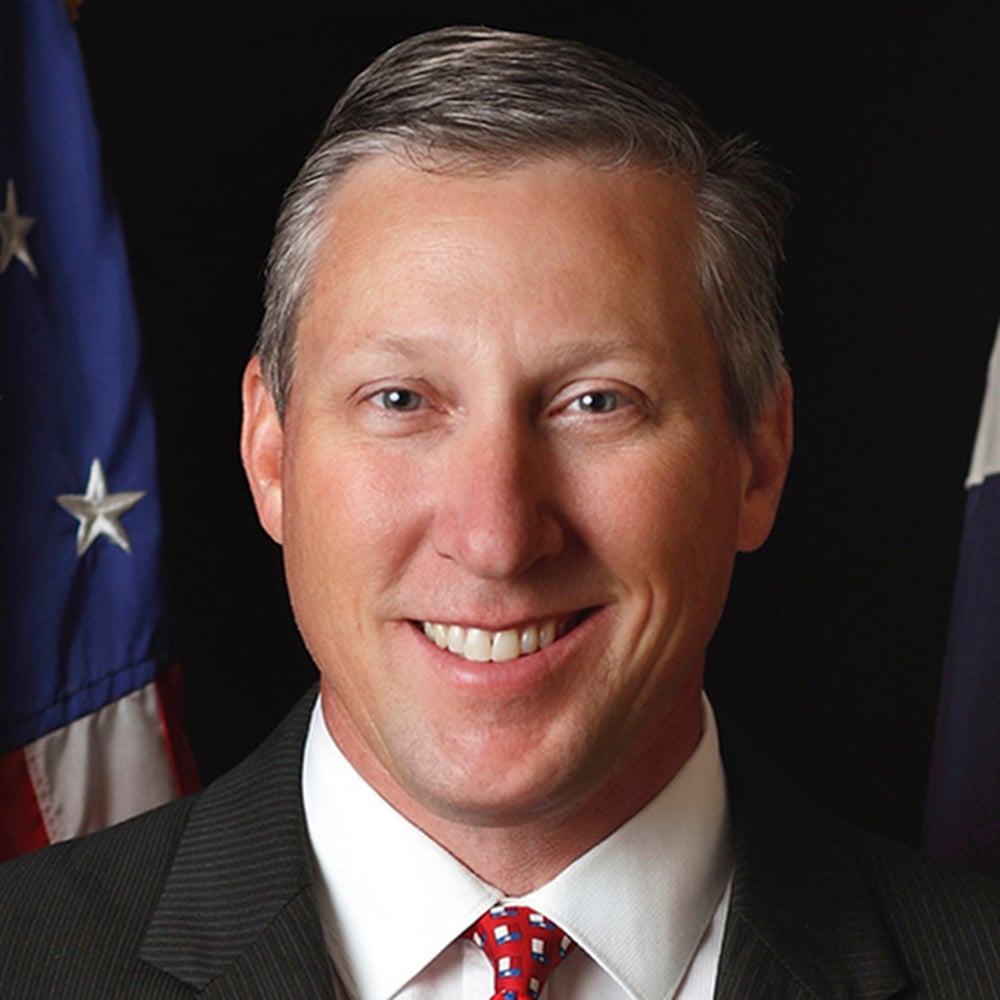Hard not to see partisan motives in this.
A bill on track to reach Gov. Greg Abbott’s desk appears designed to make it easier for Green Party candidates and harder for Libertarian candidates to get on the Texas ballot in 2020. Democrats say House Bill 2504 is a ploy by Republicans to boost their reelection bids while siphoning off votes from Democrats.
The bill from state Rep. Drew Springer, R-Muenster, would make two major changes to how candidates with non-major parties run for office in Texas. The bill would require those candidates to either pay filing fees or secure a certain number of signatures to get on a November ballot. It also changes the threshold for guaranteeing a party a place on the ballot. The former provision could lead to fewer Libertarians running in 2020. The latter would mean the Green Party would likely earn a spot on the November ballot that year.
The bill tentatively passed the Senate on Sunday on a party-line 19-12 vote. If the chamber gives it final approval, it will head to the governor’s desk.
Currently in Texas, Democrats and Republicans have to either pay a filing fee or secure a certain number of signatures to get on their party’s primary ballot. Texas filing fees for a candidate range from $75 for county surveyor to $5,000 for U.S. senator.
The Libertarian Party, meanwhile, has avoided those requirements while routinely gaining a spot on the general election ballot by meeting a different threshold: at least one of its candidates has managed to win more than 5% of the vote in a statewide race during the previous election cycle.
Springer’s bill would lower that ballot-access threshold for third parties to 2% of the vote in one of the last five general elections — a bar that the Green Party could also clear. In 2010, the Green Party candidate for comptroller drew 6% of the vote.
[…]
An earlier version of the bill only had the filing fee provision. When the bill reached the House floor earlier this month, Springer proposed an amendment that added the new ballot threshold language. The amendment passed after less than a minute of discussion, catching some House Democrats off guard amid an intense evening session of the House in which dozens of bills were heard.
Springer told The Texas Tribune that he added the floor amendment because the current threshold for parties to gain ballot access “protects the two-party system too much.” It isn’t specifically targeting the Green Party, he said.
“Republicans are not afraid to give Texans more choice,” he added.
Pat Dixon, former state chair of the Texas Libertarian Party, testified against the bill last week at a Senate State Affairs Committee hearing. Dixon said the bill would unfairly force Libertarians to pay filing fees in addition to the cost of their nominating convention.
When Democratic and Republican candidates pay filing fees to run for an office, the money helps pay for the election. Under HB 2504, third-party candidates would pay the same filing fees, but the money would go toward state or local funds, but not funds specifically devoted to running elections.
The obvious partisan motive here is that Green candidates are widely believed to siphon votes away from Democrats, while Libertarians are believed to do the same to Republicans. I have little use for third parties, but the basic principle that ballot access should not be needlessly burdensome is one I support. That said, if the actual Libertarian Party says that this bill will hurt them rather than help them, I think it’s a little difficult to say that the bill is a principled effort to be more inclusive to third parties. I mean, the Libertarians were doing just fine getting their candidates on the ballot under the existing system. Just leave them alone and do no harm, you know?
By the way, when I say that Ls and Gs are “widely believed” to take away votes from Rs and Ds, I mean that’s the accepted wisdom but I’m not aware of any hard research that puts a formula to it. I have my own theories about third party voters, which you can agree with or argue with as you see fit. I do think there’s room for Democrats to minimize the vote share they lose to third parties in statewide races – not just Greens – and it will take one part better candidates, one part better party branding, and one part better outreach, which is another way of saying that they’ll need to have enough resources to ensure that their intended voters have sufficient information about all the candidates on their statewide ballot. It’s possible that in the long run this could lead to fewer votes for Greens statewide, as Dems will be better positioned in the coming years to compete in the downballot races as well as at the top of the ticket. For sure, this bill should be at least as much of an incentive to work harder for the Dems as it is for any other party. And you can be sure that when the votes are all counted in 2020, I’ll look to see what if any effects of this bill I can find.


I’m reading this week that the Libertarian Party might be thinking that #Amash2020 would bolster their prospects next year. The Gs and the Ls are used to coping with ballot access barriers so I suspect this tweaking of said barriers won’t have much effect, if any.
the green party platform looks almost identical to the democratic platform and even moreso to the values that anyone who votes democrat would affirm.
the only reason for anyone to vote green is if the democratic party fails to honor its own values.
so yeah.